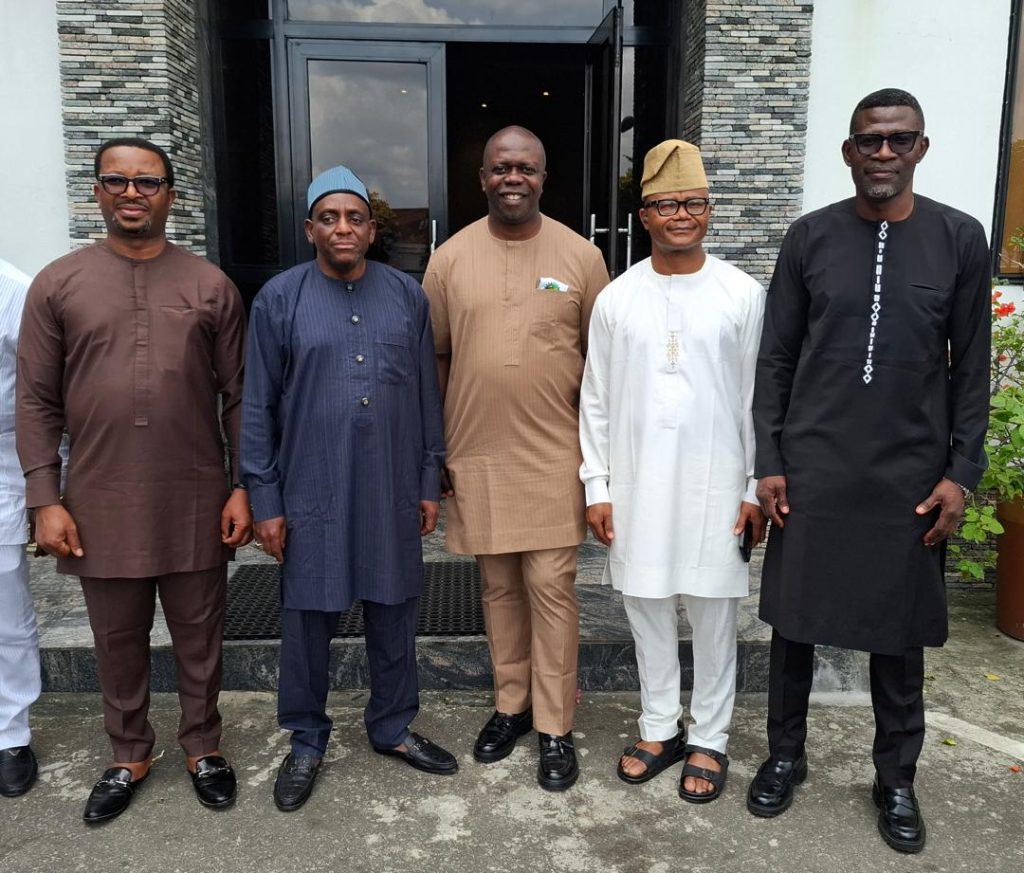The eldest son of the late veteran highlife musician, Mr. Emmanuel Ejeagha, says the family buried the “Gwo gwo gwo ngwo” crooner, Mike Ejeagha, within 24 hours after his demise to keep his wish.
Ejeagha Jnr disclosed this in a telephone interview with the News Agency of Nigeria (NAN) on Sunday in Enugu.
He said his father made a wish and warned them not to embalm him after his death, which they had fulfilled.
NAN reports that the highlife legend was laid to rest in his country home at Umuagba, Imezi-Owa, in Ezeagu Council Area of Enugu State on Saturday, 24 hours after his death on Friday night at the age of 95.
He said his father sternly instructed him as the first son that when he passed on, nobody should embalm him.
“I contacted members of my family and informed them that my father made a wish that he should be laid to rest 24 hours after his death.
“I also summoned a meeting of my kindred, and we discussed extensively, and even Gov. Peter Mbah of Enugu State was informed about it, and they all consented that whatever his wish was should be kept.
“There are a lot of consequential results if an elder said something and otherwise was done,” he said.
Kwara Gov Extols Oladimeji’s Virtues As Al-Hikmah Varsity Founder Clocks 87
Nigeria Declares Thursday June 12 Public Holiday
Why I Didn’t Visit Ooni – Alaafin
He, however, said that his funeral ceremony would be announced soon.
The highlife music icon, known for incorporating proverbs into his music, died at the 32 Garrison Hospital in Enugu on Friday at the age of 95 after a protracted illness.
Born on April 4, 1930, Mike Ejeagha launched his music career in the mid-20th century and significantly influenced the evolution of music in the Igbo language for over six decades.
Ejeagha’s legacy is marked by his distinctive style of Igbo folk music, which resonated across multiple generations.
Born in Imezi Owa, Enugu State, Ejeagha rose to prominence during the 1960s and 1980s with timeless hits like Omekagu, Uwa Mgbede Ka Mma, and Ka Esi Le Onye Isi Oche (Gwogwogwongwo).
Ejeagha’s contributions to preserving and promoting Igbo culture through music are monumental, with over 300 recordings archived in the National Archives of Nigeria.
He gained widespread fame after he was invited by the Nigerian Television Authority (NTA) as a guest presenter for an Igbo program, ‘Akuko N Egwu’, in 1972.





